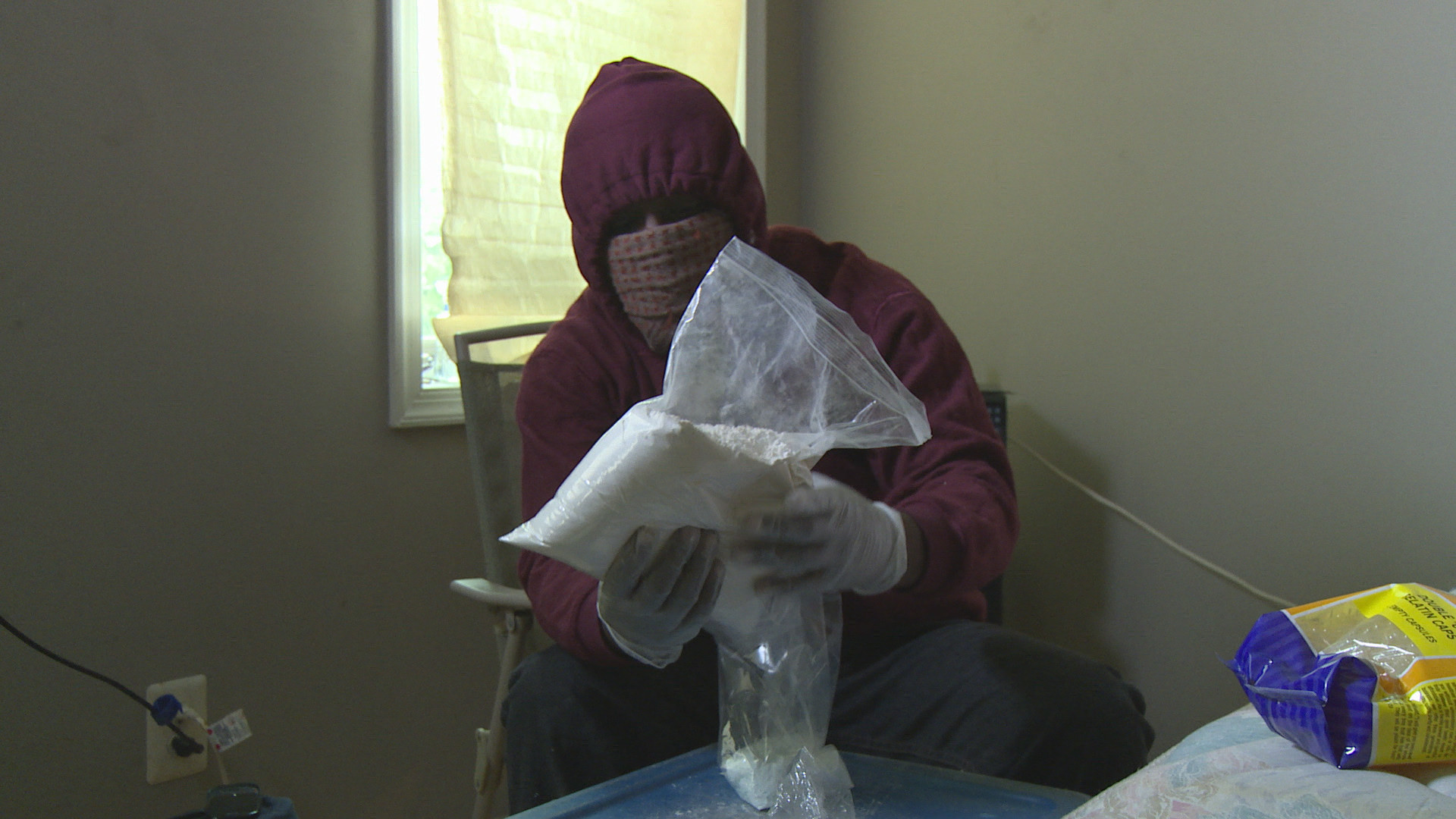A recent report showed that suicides among our active duty troops doubled in one month, with 12 suicides in June and 26 in July. Every 36 hours a veteran from Iraq or Afganistan kills themselves. Eighteen veterans from all wars commit suicide each day.
In honor of Memorial Day, we're rebroadcasting a conversation between Marc and Woody Curry from last October. It was shortly after President Obama announced that the US was withdrawing its soldiers from Iraq, and the conversation ranged from the problems facing veterans on their return home, to the culture of the military, to the place of war in our society.
We discuss the tragic civilian massacre of March 11th, in which at least 16 Afghan civilians, including women and children, were killed. US Army staff sergeant Robert Bales is suspected of carrying out the killing spree. Three military veterans and one journalist join us this hour.
Followinig President Obama's announcement that the US will withdraw its soldiers from Iraq by the end of the year, we look at issues that face veterans, including substance abuse and mental health problems stemming from the trauma of war, as they return home. Our guest is Woody Curry, Vietnam veteran and Clinical and Associate Executive Director of the Baltimore Station.
Scientists continue to learn more about how addiction works, which informs how our society views and treats addiction. The American Society of Addiction Medicine (ASAM) has just redefined addiction as a chronic brain disorder. We'll discuss the implications of this development with Dr.
Suicide in the US military is on the rise. Independent newspaper Stars and Stripes investigated the matter, citing failures of leadership on the ground and vicious hazing. Joining us today to discuss this issue is:
Data suggest that children living in neighborhoods with high crime and drugs may be at high risk for post-traumatic stress disorder. In this hour we take a look at how the trauma and stress of inner-city life affects Baltimore's youth.
We're joined by:
Woody Curry, Clinical and Associate Executive Director of the Baltimore Station, a residential addiction treatment center in Baltimore, joins us to discuss process addiction. Also known as behavioral addiction, process addiction is non-substance-related addiction, which could include such addictions as gambling, sex, eating, and exercise.
Woody Curry, recovering addict and program director of a drug treatment center called the Baltimore Station, joins us for his montly visit.
Woody Curry, recovering addict and program director of a drug treatment center called the Baltimore Station, joins us for his montly visit. This week, we discuss the abuse of prescription drugs, the most commonly abused drugs in the United States.
The United States has a huge appetite for drugs. While we have about 5% of the world's population, we use about 66% of the world's illegal drugs.
Five years ago, we produced the series Shared Weight to commemorate the 30th anniversary of the end of the Vietnam War. Marc Steiner and a group that included Vietnam War veterans travelled to Vietnam. Today, we're joined by two of the US military veterans who participated in Shared Weight,
The United States has a huge appetite for drugs. While we have about 5% of the world's population, we use about 66% of the world's illegal drugs. What is the price of our consumption, not only for ourselves, but for others like Mexico, where the illegal drug trade is creating violence beyond the scope of what we have seen in the US.
In honor of memorial day, we're broadcasting episodes from our documentary Shared Weight, which looks at the legacy of the Vietnam war.
Woody Curry joins us this hour. He is a veteran from the inner city Baltimore, and he tells how he survived the despair of war and transformed himself.
Alarming numbers of soldiers suffer from Post-Traumatic Stress Disorder. This hour we look at how this crisis is being addressed, and discuss connections between PTSD and suicide.
We're joined by:
Woody Curry - Vietnam veteran, and Program Director of the Baltimore Station
On the first hour of today's show, Marc was joined by Woody Curry, Program Director of The Baltimore Station,
For Memorial Day, we broadcast two parts of our series Shared Weight: 30 Years After The Fall of Saigon. For more information about this hour's episode, Woody's Journey, and for the complete podcast, click here.



